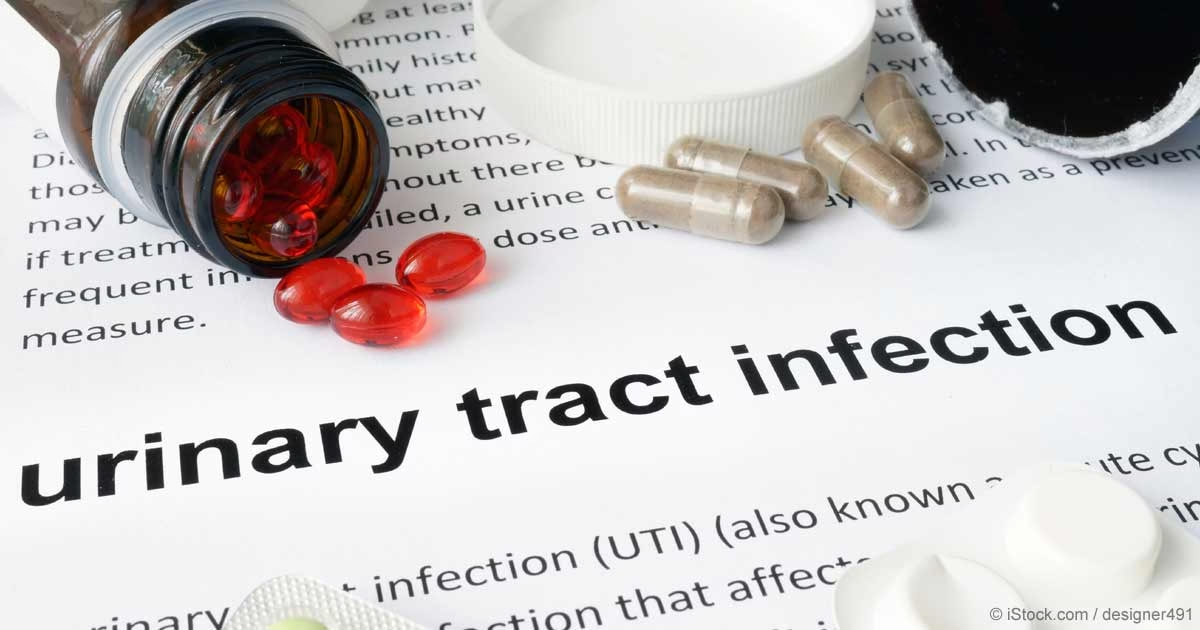The Lahore High Court recently conducted hearings on petitions related to addressing the issue of smog, with Justice Shahid Kareem presiding over the proceedings.
The Judicial Commission submitted a report to the Lahore High Court regarding the sale of chickens in Lahore, revealing that chickens are being sold in the city.
The commission’s lawyer informed the court that 10,000 chickens are brought into Lahore daily, and slaughtered chickens are also sold in provincial capitals. He used the term “marinated” to describe whether the chicken should be hot or cold. He suggested that slaughterhouses should be available for chicken meat just like they are for red meat.
The lawyer of the Judicial Commission also informed the court about their meetings with some housing societies. He said, “We have talked to them about recharging wells, parks, etc. One society in Johar Town has told us that we have 4 kanals of land, tell us what to do?”
He further stated that to prevent the burning of crop residues, the Director General of Environment should provide recommendations. He added, “We should tell the government to provide maximum speed seed. We have told restaurant owners to first follow our instructions, then we will visit and reward you.”
The issue of smog has become a pressing concern in Pakistan, particularly in urban centers like Lahore, where pollution levels spike during the winter months due to a combination of factors, including crop residue burning, vehicular emissions, and industrial pollution.
The Lahore High Court’s hearings on petitions related to smog remediation measures demonstrate the judiciary’s proactive approach in addressing environmental issues and holding relevant authorities accountable for implementing effective solutions.
By seeking input from various stakeholders, including government officials, housing societies, and restaurant owners, the court is endeavoring to develop comprehensive strategies to mitigate the impact of smog and improve air quality in Lahore and other affected areas.
The submission of reports and recommendations by the Judicial Commission highlights the need for collaborative efforts and coordinated action from all sectors of society to combat smog and protect public health and the environment.
Moving forward, it is essential for the government to heed the recommendations put forth by the Lahore High Court and take concrete steps to address the root causes of smog, such as promoting sustainable agricultural practices, reducing vehicular emissions, and enforcing environmental regulations on industrial activities.
Ultimately, the efforts of the judiciary, combined with proactive measures from the government and active participation from civil society, are crucial in effectively combating smog and ensuring a healthier and cleaner environment for all citizens.



